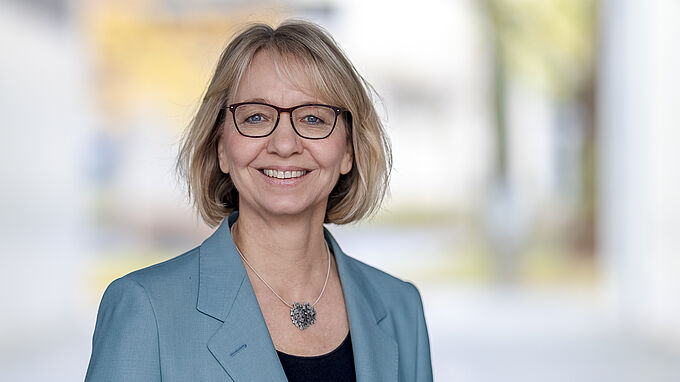
DigiLe
Development, testing and evaluation of media-supported modules with e-learning methods
About the project
Digitisation as part of an overall societal transformation influences formal and informal educational processes. Increasingly flexible and individualised demands on contemporary learning are changing the educational habits of students. Digital tools can occupy the interface between knowledge transfer, self-efficacy, collaborative work and the achievement of course-specific goals. Universities and higher education institutions thus reinforce their role as places of knowledge reproduction while at the same time empowering students to actively shape processes of change. The project "Digitisation of teaching - development, testing and evaluation of media-supported modules with e-learning methods (DigiLe)" dealt with the development of a new didactic concept for higher education including digital learning arrangements in the field of urban and spatial planning.
DigiLe
Fördermittelgeber: Thüringer Ministerium für Wirtschaft, Wissenschaft und digitale Gesellschaft (TMWWDG)
Projektträger: Thüringer Ministerium für Wirtschaft, Wissenschaft und digitale Gesellschaft (TMWWDG)
Laufzeit: 10.2019 bis 10.2020
Methodology and procedure
Teaching with the inclusion of digital tools requires a new conceptualisation of higher education didactic designs including a research-based examination and further development of the course formats to achieve a verifiable added value through more sustainable learning. Among other things, the organisation and provision of the courses concerned at universities, the communication and cooperation between teachers and students as well as the characteristic role profiles of the actors must be questioned.
Up to now, there has been little experience with methods of multimedia, and intermodal teaching in the field of urban and spatial planning. Especially in the context of this degree programme, higher-order competencies such as the ability to analyse, evaluate and criticise are expected, e.g. in the examination of planning projects and the development of proposed solutions. By creating a constructivist learning environment, the individual prerequisites and knowledge of the individual student are recognised, while at the same time, they are guided to actively acquire knowledge themselves.
The project "DigiLe" is concerned with the preparation, implementation and evaluation of a media-supported course using e-learning methods in the subject area "Urban and Spatial Planning". The project focuses on the module "Urban and Settlement Planning". With the help of digital tools, the courses and self-study are to be supported and cooperative and individual learning promoted.
Multimedia content (e.g. video recordings, animations, online contributions, literature) was made available on the Moodle learning platform (LMS) for students to work through the material independently. The joint processing and reflection of the lecture content was then to take place both during the classroom sessions (e.g. through group work, live surveys) and outside the seminars. Digital tools for idea generation and cooperative writing, mutual assessment in the sense of peer learning or tools for online communication should be used. The inverted classroom model, taking blended learning into account, was also a didactically interesting element to be tested. Blended learning describes the didactic combination of classroom events and e-learning workload. In addition to the pure acquisition of knowledge, problem-solving competence, learning transfer and self-learning competence were to be increased. These competencies are essential for the professional requirements profile of urban and spatial planners.
Central questions
- How can quality teaching succeed in the area of tension between large-scale events and individualistic learning?
- How can face-to-face events be made attractive and used for discourse and deepening knowledge?
- How can blended learning be implemented conceptually and didactically in teaching in the study programme "Urban and Regional Planning"?
- How can e-learning methods and tools be integrated effectively and with sustainable learning success in the professional context of urban and spatial planning?
- To what extent do the learning outcomes change through the use of digital tools and an adaptation of university didactic designs to include digital learning arrangements?
Objective target
The project served to test and evaluate new methods of digital university teaching and to make them usable for broad application in the discipline. In addition to the applicability of the e-learning tools for teachers and students, the evaluation was to consider the added value of multimedia and modal learning and teaching concepts in the context of a quality-oriented further development of teaching in the field of "urban and spatial planning".
To adapt the new teaching methods to the subject-specific context, a didactic and technical teaching concept was first created within the framework of the project, taking into account the criteria for the selection of suitable online tools and the success factors for good media-supported teaching, and the e-learning content for the lectures in summer semester 2020 was prepared. In the implementation phase, the concepts were applied during the lecture period, evaluated and optimised for future events. A public university presentation was held to transfer the results.
Project team
Theresa Grimm, M. Sc.
ehem. wissenschaftliche MItarbeiterin


